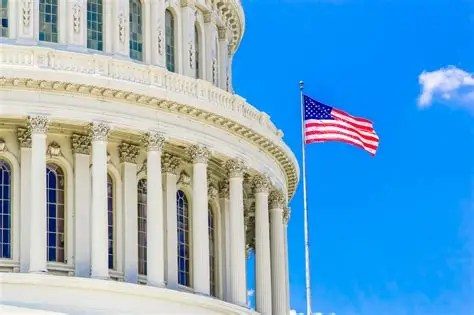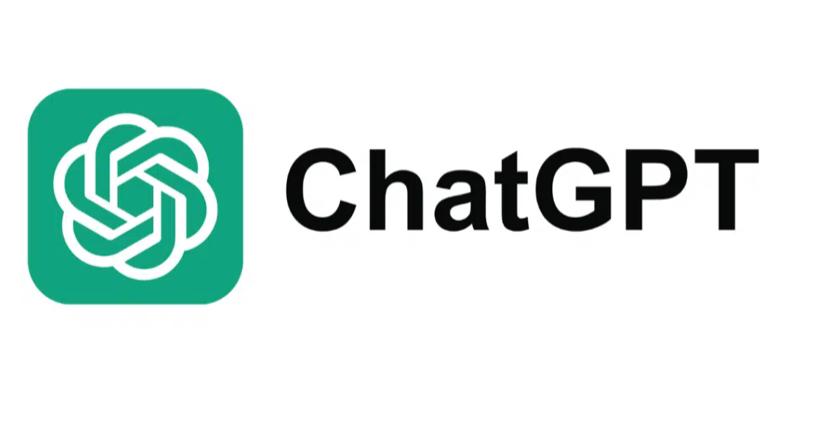Omolabake Fasogbon
Nigerians across all economic classes face increasing pressure to pay black tax, amid a tough economic terrain, an unemployment crisis and rising cost of living
Black tax, a term which originated from South Africa, is defined according to Investopedia as the financial burden borne by black people who have achieved a level of success, hence, obliged to provide support to less financially secure family members.
According to a 2024 PiggyVest Savings Report, almost one in two Nigerians earning income pay black tax.
The ideology behind black tax also presupposes that a young adult who is well-to-do contributes financially to the family’s upkeep, including paying bills, providing for basic needs and assisting with educational expenses.
Though not a bad gesture considering also its social and cultural import, financial advisors reckon that black tax, an age-long practice that is fast ingrained in society, can be a threat to an individual’s financial fulfilment. No wonder the popular saying is that a rich man among many poor is automatically a poor man.
An average Nigerian breadwinner within and abroad, is pressured by financial demands from non-family members too. Extended family members, friends, colleagues, neighbours and even fellow church or mosque members, amongst others, somehow find their way into one’s budget, automatically extending the circle of the black box.
The PiggyVest Savings report analysed further that of the 70 percent Nigerian income earners who pay black tax, 46% pay it monthly, while 25% do so occasionally.
A check of recent Central Bank of Nigeria (CBN) data on remittance flows to the country further proves Nigerians growing dependence on black tax to sustain livelihood. The data indicates a jump in remittance flows to the economy by nine percent, totaling $20.98 billion in 2024, reaching a five-year high.
Another report recognises diasporans as being the largest revenue-generating constituency in Africa and other parts of the world, citing World Bank records that over $80 billion was sent to Africa in 2020.
Though exciting to receivers, this gesture most times takes a huge mental and emotional toll on the payer, no doubt, leads to financial depletion and abandoned financial ambitions.
PiggyVest report highlighted how the black tax could frustrate man’s savings intention, noting that 43 percent of Nigerians failed to save due to pressure of black tax hindering their ability to build a secure financial foundation.
Findings have also linked man’s desperation to make more money to black tax, given the burden of responsibilities and entitlements scaring closely at a supposed burden lifter.
Interestingly too, it is not uncommon to hear criminals caught in money-related offences cite reason as black tax obligations as their driving force.
A 29-year-old armed robber, Ajibola Alao, once caught by the Rapid Response Squad (RRS) of the Lagos State Police Command, confessed he was into crime to secure the future of his siblings.
“I went into crime to take care of my siblings. I am the first child and the breadwinner of the family. Since the death of my mother, I have been taking care of my brothers. That was my promise to my mom before her death,” Alao told law enforcement agents.
Describing black tax as burdensome, a Financial Analyst, Opeoluwa Dapo-Thomas, submitted, “Individuals living abroad, most times, must work extra hard and work extra hours just to pay their bills and other expenses. For some, working extra hours is a way to cover up for black tax at the end of the month, as there’s a general notion that people who move abroad are always rich.”
Recounting his unpleasant experience, a Civil Engineer, Roland Ugiangbe, said, “My late father worked in a bank for 25 years but never owned a house before he died. Though he earned well, he spent most of it on his extended family, leaving us with little. I’ve vowed not to repeat similar mistakes, which make me now invest a larger chunk of my income and reserve only a small portion for black tax and others. If you keep too much money on hand, people will always be around to help you spend it”.
Financial experts recognise the place of wisdom in paying black tax, maintaining also that helping others should not lead to hurting oneself. To avoid the likely cost of this act, including delayed or inability to build wealth, increased risk of debt, financial stagnancy, inability to save and increased risk of old-age poverty, which potentially continue the cycle, deliberate setting of boundaries is strongly advised.
A South African Financial Author and Consultant, Sylvia Walker, submitted, “Black tax isn’t necessarily bad, it reflects cultural solidarity. The danger lies in the absence of boundaries. Without intentional planning, it can sabotage one’s financial future.”
THISDAY presents tips below to politely navigate black tax obligations, as drawn from financial experts:
Understand Your Financial Limits
In the word of Founder, Money Africa, Nimi Akinkugbe, “You can’t pour from an empty cup, financial self-care must come first”. Therefore, before giving, first assess your monthly income, essential expenses, savings goals, and investment plans. Create a realistic budget that includes a “giving” category, without compromising your financial health.
Communicate with Compassion
Set expectations early. Explain your financial goals to your dependents, which may be repaying a loan or planning for retirement. Use we-focused language to avoid sounding self-centered.
Propose Alternatives
If direct financial support isn’t sustainable, offer other types of non-monetary assistance like job referrals, help with tasks or skills, short-term accommodations and suggest alternative financial resources amongst others. This keeps one supportive without overcommitting.
Learn to Say “No” Gracefully
It is okay to decline if a request isn’t feasible. Saying “no” doesn’t mean turning your back; it means protecting your future ability to give. Financial Analyst, Dapo-Thomas argued thus, “In some instances, black tax is used for things that don’t add value to the individual and the receiver; some persons only want money because the giver lives abroad. When you learn to say no to some things as an individual, it helps you to save and invest your money”.
Prioritise Long-term Giving
Plan your giving like investments. A monthly family support plan with a fixed limit reduces stress and helps avoid guilt-driven spending.
Teach Dependents How to Fish
Encourage financial literacy in your circle. Share budgeting tools, savings techniques, and information about grants or community resources that can ease dependency. It pays in the long-term to teach your dependents how to fish rather than to continue to give them fish.
Build Emergency Savings and Lock- in Investment
Investment options like bonds and fixed deposits help to reduce impulsive spending. This not only strengthens one’s financial resilience, but it also creates a valid and disciplined reason to say ‘No’ when pressured for funds.
Guard Your Peace
Supporting family shouldn’t come at the expense of one’s mental health. Consider therapy or financial coaching to manage stress and guilt around black tax.
The post Setting Boundaries on ‘Black Tax’ appeared first on THISDAYLIVE.





